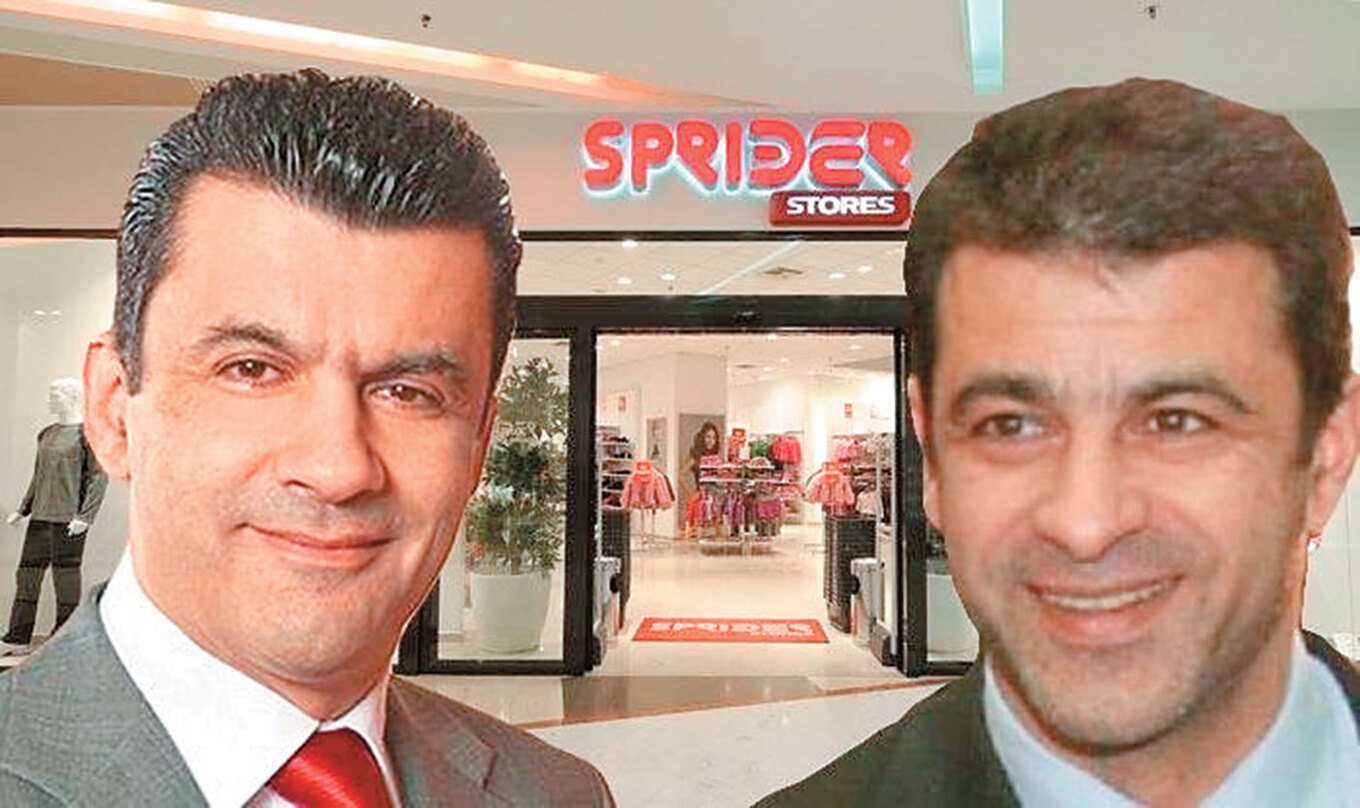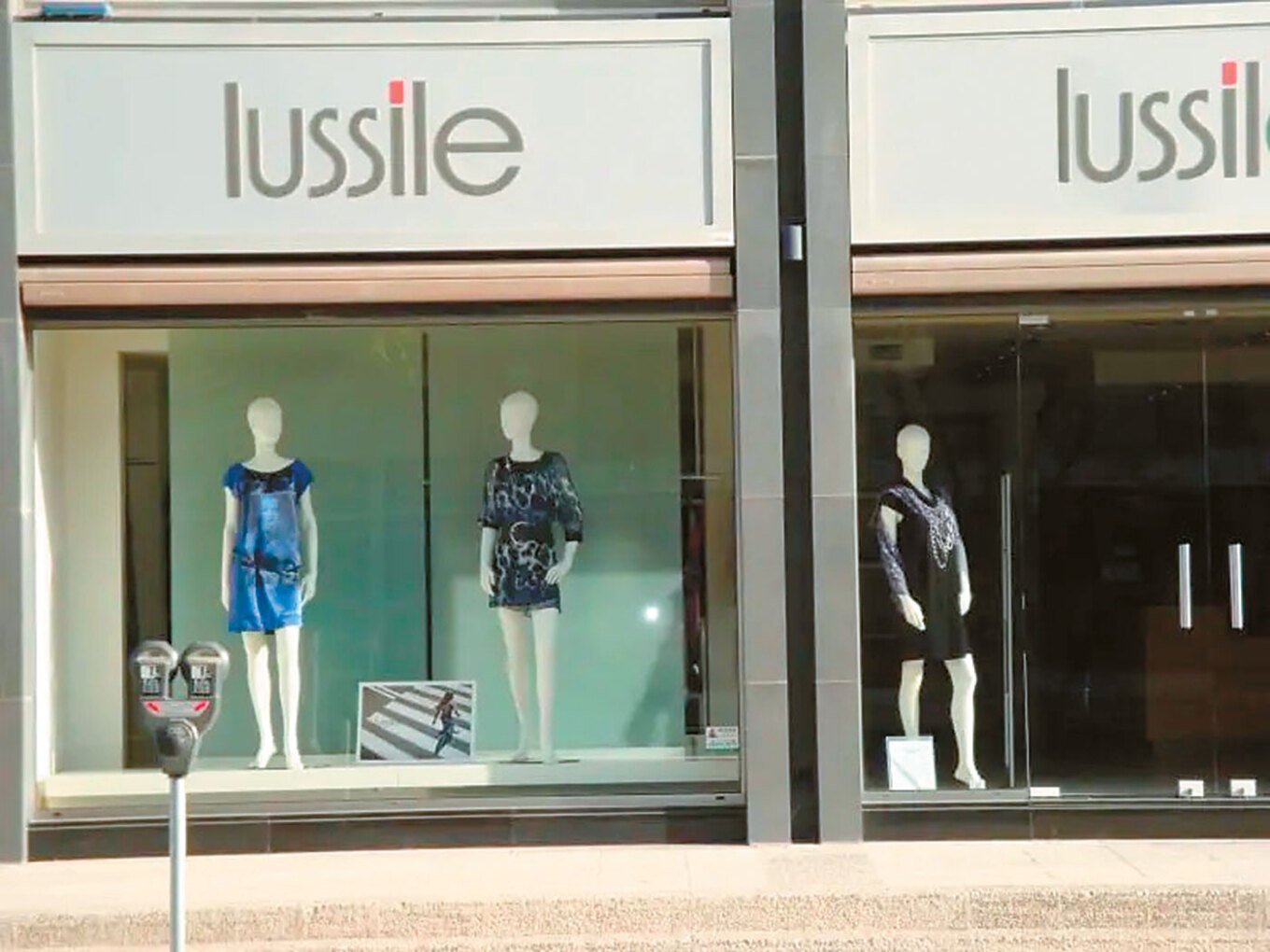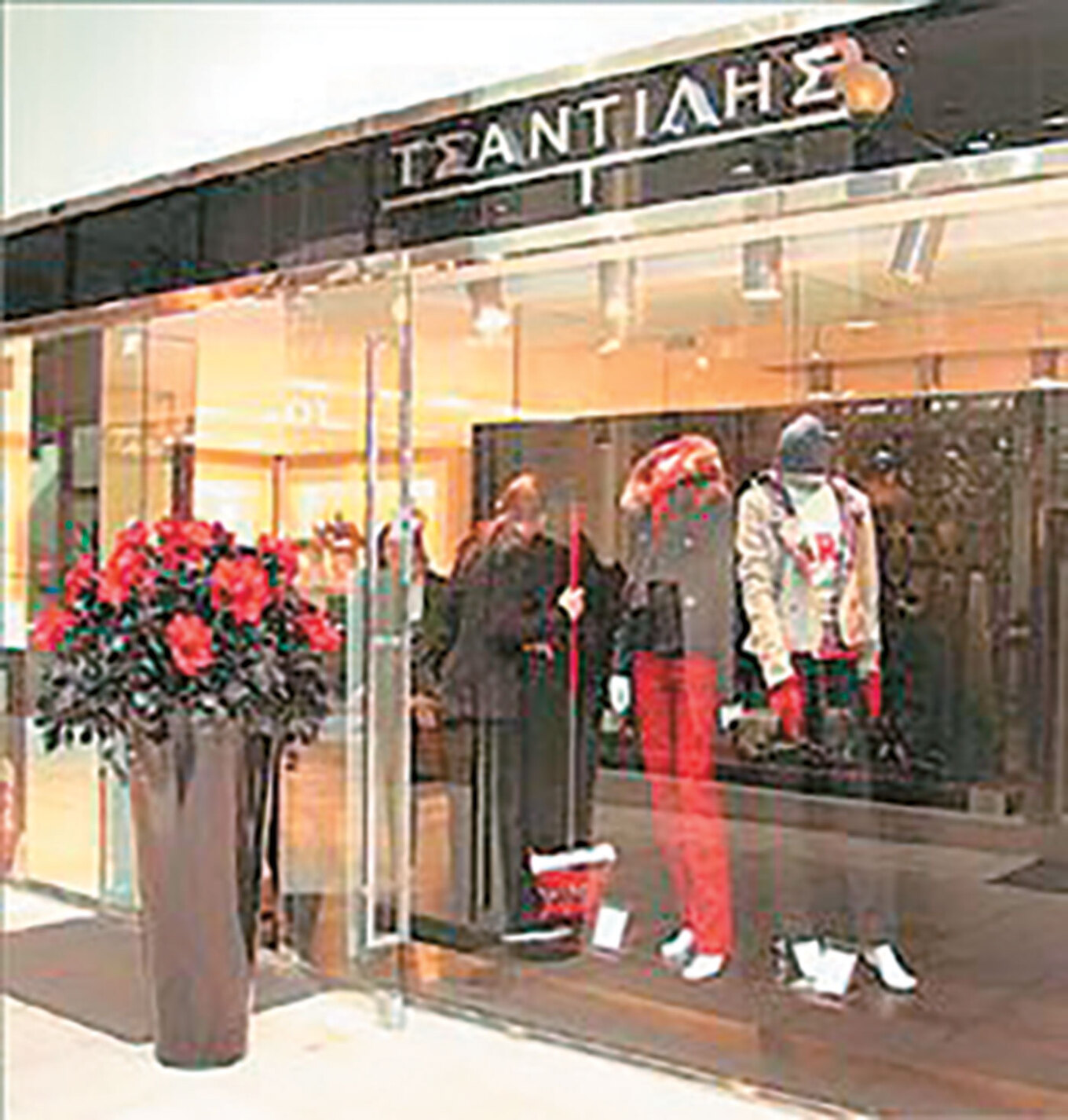The branded Greek clothing sector, in all its variations, has written significant pages of success in the past. Even today, there are companies that, despite adversities, remain standing against fierce foreign competition, maintaining a significant market presence and a notable export percentage. However, after successive crises that dealt a catastrophic blow to most sectors, a series of heavy names disappeared from the business landscape, having excelled at both production and commercial levels.
What the Numbers Say
The downward trajectory of the domestic textile and clothing market is certified by the latest figures presented by the Association of Greek Textile Manufacturers (SEVK), showing that both exports and imports have declined.
Specifically, the total value of Greek clothing and textile exports in 2023 amounted to €1.82 billion, compared to €2.35 billion in 2022, marking a decrease of 22.8%.
The Major “Shipwrecks”
In the midst of crises and general market collapse in recent years, hundreds of women’s and men’s clothing companies and chains disappeared, including well-known brands like Glou, Sprider, Raxevsky, Tsantilis, and Lussile, among others. Designers-entrepreneurs also shared the same fate, with perhaps the most notable example being Laki Gabala. In most cases, these were distinct success stories that ended up as disaster stories, with high debts and the protagonists losing personal and corporate properties through auctions.
One such story is that of brothers George and Antonis Glou, who built the men’s clothing chain Glou almost from scratch. Starting from Piraeus, the story of Glou began in 1984 with a store selling men’s clothing on Tzamadou Street 30. At a time that allowed for significant openings and ambitious goals, the two brothers, with their foresight and ingenuity, spotted the gap in the market and rushed to exploit it.

George and Antonis Glou
They built Glou almost from scratch. The tremors began with the crisis, and the end came in 2017.
With a recipe of good quality and affordable prices, Glou began to grow and gradually skyrocketed, reaching 67 stores by 2006, along with 12 other stores representing brands, including Puma. They did not limit themselves within the borders, as the chain gained a presence in Romania, Bulgaria, Albania, and Cyprus. At its peak, it generated a turnover of €120 million with profits exceeding €15 million.
However, when Greece entered the long and dark tunnel of the economic crisis, the tremors for their business began. They first reduced their network by gradually closing stores, then faced a “war” with Puma and the loss of the representation that cost them dearly, and eventually ended up in auctions for red loans owed to banks and other debts.
Thus, the brand faded away, with the last large store on Patission Street shutting down in 2017. During this process, several corporate and personal properties, such as the villas of the Glou brothers on the coastal avenue of Kastela, were confiscated and auctioned.
The Raxevsky Sisters
The Raxevsky family, originally from Russia, had three daughters: Elena, the oldest, Anna, the middle one, and the youngest, Dimitra. All three connected their paths with the fashion industry.
Dimitra Raxevsky studied Economics in London and, upon returning to Greece in 1979, opened her first store in Kifisia under the name Miss Raxevsky. Her sister Elena and her husband, George Mourtzouhos, had taken their first step by founding the company Helen’s Club A.E. in 1976, which was export-oriented towards European countries and the USA.
In 1982, the two sisters decided to collaborate, and the fruit of this collaboration was the next two stores in Kolonaki and Patission. Their partnership lasted until 1989, with the Miss Raxevsky brand establishing itself in the market, now having a chain of stores in well-known commercial areas. Later, Dimitra decided to follow her own path and, together with Avetis Balayan, created Mini Raxevsky, a separate company that became one of the most successful children’s fashion brands in Greece, with its reputation reaching Australia and Mexico.
The collapse began with Miss Raxevsky, which at its peak had 55 stores both domestically and internationally, particularly following the untimely death of the talented and dynamic Elena Raxevsky, alongside the shrinking performance and the consequences of the crisis.
The reins were then taken over by George Mourtzouhos, who, however, was unable to save the company. Thus, as early as January 2022, his villa in Ekali went to auction, followed by other auctions. A few months later, it was Mini Raxevsky’s turn to close its doors. Following this, Dimitra Raxevsky also became involved in auctions for her property in Kastri, which was auctioned off and changed hands in June 2023.
The third sister, Anna Raxevsky, worked in the family company Raxsta A.E. from her teenage years, creating clothing collections, with her clientele extending throughout Europe (England, France, Germany, Netherlands, Spain, Italy) and America during the golden age of Greek clothing abroad. In 1997, continuing the historical family commercial tradition, she founded the company Rax Sportswear, focusing on the design, production, and wholesale of women’s clothing in the European market under the brand Raxsta By Anna Raxevsky. In 2017, Rax Clothing M.IKE was established by her son Ioannis-Achilleas Ioannidis and is the only company from the Raxevsky sisters’ corporate “family” that remains active and present today.
Sprider Stores
Another notable shipwreck in the clothing chain sector involves Sprider Stores, associated with the names and careers of brothers Sakis and Savvas Chatzioannou. However, its path began much earlier, in 1971, with brothers Athanasios and Spyros Argyras, primarily focused on the production and distribution of swimsuits and beachwear. In 1978, Athanasios Argyras left, and from 1982, when the company moved from Agios Dimitrios to Elliniko, it was equipped with the most modern fabric cutting and sewing machines, established a wholesale sales network throughout Greece, and began its export activities to Europe, Asia, and even the USA.

In 1990, the first retail store opened, laying the foundations for the creation of the Sprider Stores chain. From then until 1999, 11 stores were established in Attica and the provinces. At that time, the Chatzioannou brothers entered the scene, acquiring 80% of the business. At the end of the 1970s, the small workshop relocated to Xanthi, and several years later, the reins passed to the next generation. The two brothers set ambitious goals. Thus, alongside building the Chatzioannou group through successive acquisitions, they also invested in other activities. They even became involved in the mid-1990s with the license for the casino in Xanthi and later with football, as well as with the stock market during the period of “crazy” performance that led to the great bubble…
A Loud Shipwreck
In this crescendo of investments, Sprider Stores was included, which was listed on the Stock Exchange in 2004. Since then, it followed a sharp upward trajectory, and at its peak, it had a network of 114 stores, of which 88 were in Greece and another 26 in the Balkans, generating revenues of around €160 million. Afterward, the countdown began, accompanied by several “strange” fires. In October 2013, the closure was announced, resulting in the unemployment of 890 employees.
Lussile Also Up for Auction
Another brand with significant commercial penetration in the female consumer market is Lussile, long associated with quality clothing. The Kaminiotis brothers’ company experienced glorious times in the 1990s and beyond, achieving a high market position, but over time, it also faced the consequences of successive crises, just like the industry as a whole.

Lussile was founded in 1990 and established itself in the market as a company offering quality high-status choices to modern women, supporting a vertically integrated production structure. The first Lussile store opened in 1993 in Thessaloniki, followed by many more in Athens and all major urban centers. At one point, the company was considered the second largest domestic producer of women’s textile clothing. However, it later crashed into the market collapse. It is noteworthy that now the company’s central building in the Kolonos area is also heading for auction.
Tsantilis and Gavala
Among the “shipwrecks” that occurred in the ready-made clothing market are certainly several other notable names. One of them is undoubtedly the Tsantilis family, which, starting in 1919, wrote brilliant pages for decades. In their emblematic journey, Takis Tsantilis stands out, who, along with his sister Mary, is credited with the expansion and growth of the business. Alongside him were his three sons, Alexis, Giannis, and Dimitris, who brought a European “air” when the family entered the field of ready-made women’s clothing in 1970.

Subsequently, with the Tsantilis brand becoming synonymous with quality and elegance, stores opened one after the other in the most central locations of the capital, as well as in Thessaloniki, Patras, etc., reaching a total of 22. In the 2000s, by inaugurating new international collaborations, they hosted more than 100 well-known brands in their displays and shelves. However, from the onset of the economic crisis, the family’s troubles began, initially leading to the closure of stores and subsequently the collapse of the entire business.
The price paid by Laki Gavala was far more serious following the derailment of debts from his eponymous company. Although he created an entire world around fashion and haute couture in Greece, with the emblematic headquarters in Kantza, he ultimately lost not only his creation but also his personal freedom, as he spent 15 months in Korydallos Prison.

At the same time, Laki Gavala’s company remains active with appointed management. Against the backdrop of this personal ordeal, Gabala lost almost all of his assets, including his villa in Mykonos and the large property in Kantza, which changed hands through auctions.
Certainly, there are other companies that wrote their own stories but then disappeared, such as Artisti Italiani, which thrived in the 1990s, even reaching the door of the Stock Exchange, but subsequently collapsed, finding itself on the lists of major debtors to the State. Moreover, once-thriving businesses such as Fanco, Varonic, Cassander, Arsa-Argyros, and many others that once dominated the market and exports are now a distant memory…
Ask me anything
Explore related questions





